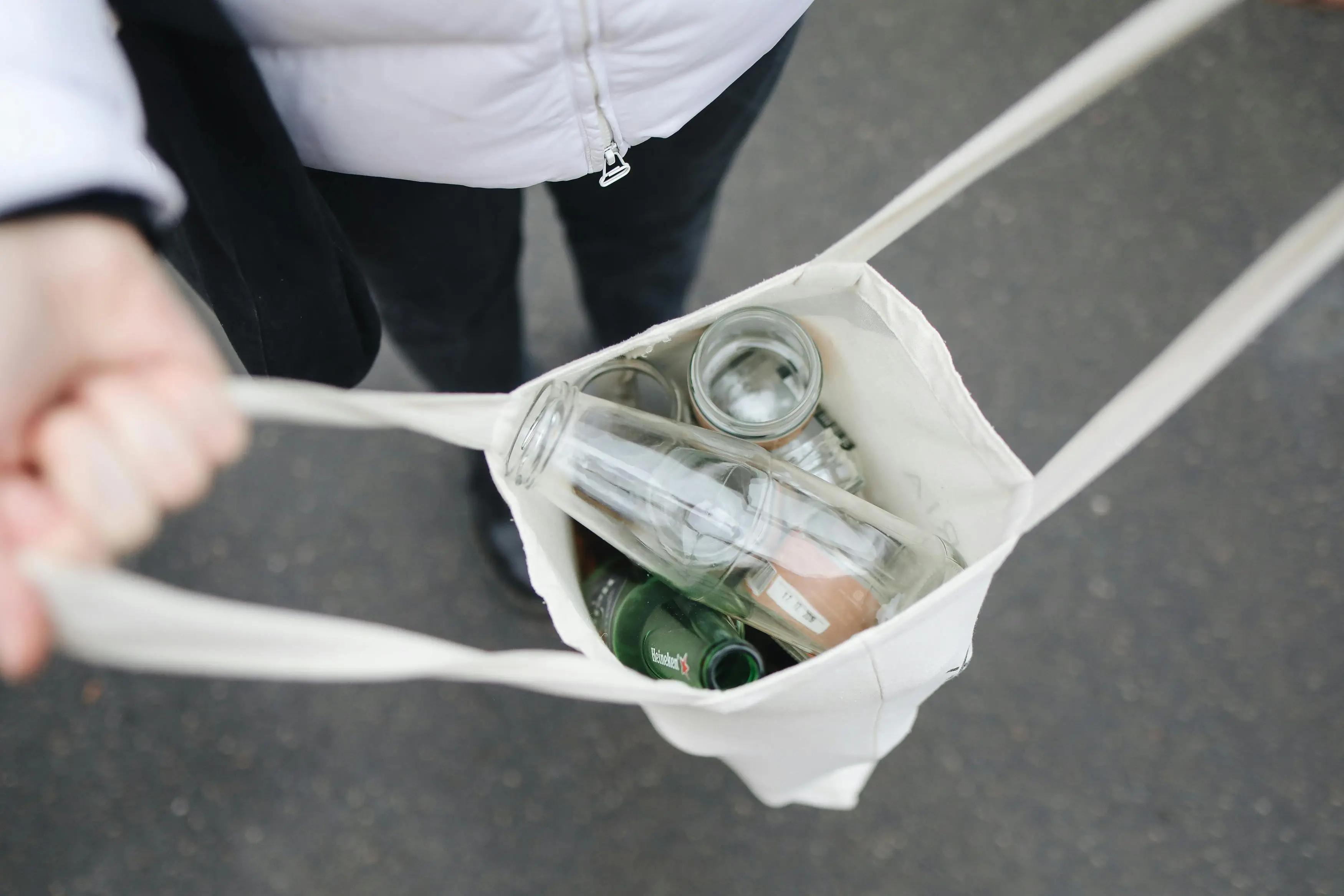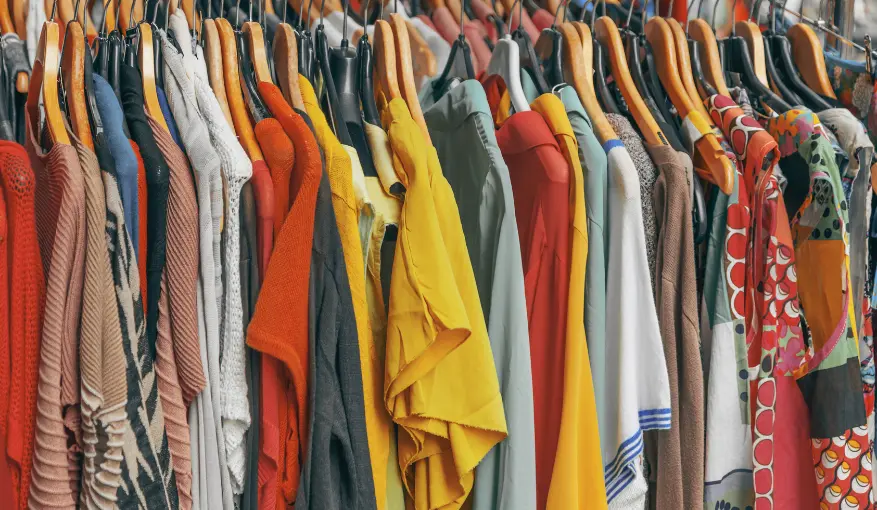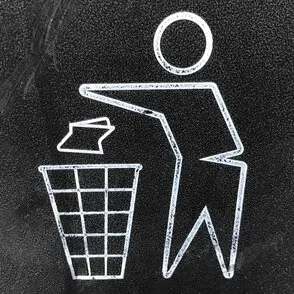COP30: NZ’s lack of climate ambition undermines global goals and free-trade agreements
Recent domestic policy and legal shifts suggest New Zealand’s coalition government is deprioritising climate action.
Ensure sustainable consumption and production patterns


We try to reduce waste and recycle where possible and have increased the waste diverted from landfill from 140 tonnes in 2019 to 221 tonnes in 2023.

We opened a new second-hand store on campus called Rewind in conjunction with Hospiceshop Waikato.

We have a new arrangement with PB Tech to ensure all our used IT equipment is recycled as much as possible.
Our comprehensive Waste Minimisation and Management Plan (PDF, 2.1MB) lays out a clear roadmap for reducing and recycling waste on campus. We annually assess waste and report on how we are tracking and work closely with our students, staff and suppliers to change mindsets and behaviour.
The Plan contains actions relating to:
In 2024, we generated 420 tonnes of waste, of which 328 tonnes were not recycled. This is a reduction from the amount that was not recycled in 2023.
| 2022 | 2023 | 2024 | |
| Waste generated across the University (metric tonnes) | 514 | 627 | 420 |
| Waste recycled across the University (metric tonnes) | 120 | 222 | 91 |
| Waste across the University going to landfill (metric tonnes) | 394 | 405 | 329 |
| Proportion diverted from landfill | 23% | 35% | 22% |
Through our partnership with PB Tech the University of Waikato is committed to reducing waste at all points in the life-cycle of our computing equipment. This starts with minimising packaging and shipping emissions associated with new IT equipment, and goes through to reducing e-waste by reusing, reselling, and recycling equipment at the end of its life-cycle.
To prolong the useful life of laptops and reduce e-waste, staff members are given the option of purchasing their old laptops once they reach the age where they are scheduled for replacement. If a staff member does not choose to purchase their old laptop, it will be sent to PB Tech for assessment.
PB Tech assesses all computing equipment decommissioned in the university, which includes staff computers, as well as computers in labs and teaching spaces. High quality laptops and computer lab desktops are donated to a Waikato Schools program who rebuild computers and target donations across the region to address student inequity. All good quality desktops are refurbished and onsold by PB Tech into the New Zealand market for a second life. All remaining e-waste is gathered by PB Tech, who then send it to Echo Tech, a specialist e-waste recycler, who disassembles the devices to recover the reusable parts. This ensures that components will be reused and recycled where possible, with harmful pollutants diverted from landfill.
The University of Waikato is leading a multidisciplinary project, Āmiomio Aotearoa, focused on developing a circular economy concept for Aotearoa, New Zealand. The project aims to reduce waste and develop a more sustainable model of production and consumption with a focus on the construction and packaging industries.
Led by Professor Kim Pickering, a global expert in materials engineering, Āmiomio Aotearoa is backed by $10.9 million courtesy of the Ministry of Business, Innovation and Employment (MBIE). It brings together a diverse range of people including scientists, engineers, business experts and policy advisors to focus on waste reduction in the construction and packaging industries, incorporating Indigenous perspectives and traditional Māori knowledge (mātauranga Māori).
You’re currently viewing the website as a domestic student, you might want to change to international.
You're a domestic student if you are:
You're an International student if you are: